|
Rape changed the trajectory of Joy McBrien’s life. A high-achieving senior in high school and the student council president, she was attacked by a coworker from her after school job. “It was really the first time I recognized experiencing oppression,” says McBrien. McBrien grew up in Woodbury, Minnesota and had a privileged upbringing. But she felt like she didn’t have anyone to talk with about the rape. And she felt a loss of her personal agency and power. So she started researching. As she learned, she was far from alone. In Minnesota, a third of women experience a rape crime by mid-life. And 65,000 Minnesotans receive domestic violence services each year. McBrien soon discovered that Peru had the highest domestic violence rates in the world. It was something that stuck with her through her freshman year of college at the University of Minnesota business school. So she reached out to a group of women in Peru, with whom she had a mutual friend. As a first-year college student, she raised money, fundraising for a women’s shelter in Peru. That summer, she made her way there. It was in Peru that McBrien found a community — where they bonded over the deeply painful and intimate experiences that inextricably bound their lives together. One year later, McBrien returned to Peru. She worked as an assistant social worker in one of Peru’s poorest cities. Throughout the summer, McBrien heard thousands of stories of suffering and survival. She went to homes, distributed food stamps, and helped the local women find aid money from nonprofits. But over and over, she heard, “What I could really use is a job.” Local women were in desperate need of employment — and the autonomy an income could provide. They asked McBrien again and again, “Will you take this to the US and sell it for me?” It was during this summer that McBrien worked closely with a social worker named Señora Anita — a woman who was to become the namesake of her company one day. Over the next few years, McBrien went on to join AmeriCorps and several nonprofits. She noticed people were excited about fair trade items. But oftentimes, they weren’t affordable. And they rarely sold to young people. Worst of all, McBrien hated the idea of selling products based off pity. And that’s where Fair Anita could be different. McBrien founded the social enterprise at 25. It’s a company that is for profit and for good — not profiting on pity, but empowering the global women it employs. It’s about women supporting women — women investing in women. McBrien put her business education to work and reached back out to the women she had met on her global trips. “Because I’m a giant white woman with an American passport, there’s a power dynamic when I walk into communities. Having shared experience levels us. It is an equalizer in some ways. It’s not an experience I’m grateful for, but I’m grateful for the connections it has given me.” Women were making items and selling them in local markets. Some were working in sweatshops. But through Fair Anita, now these women can make their products and take them to a much larger stage. Based out of local co-ops, the women use almost exclusively recycled materials, such as bullet casings. The co-ops are independently run by local females on the ground. McBrien works with local leaders and artisans to help design trendy products. And she works with local partners to make sure the women have the resources they need. For example, in Ethiopia, she sought help for women suffering from fistula and HIV/AIDs. McBrien pays her artisans upfront at two to three times the minimum wage, plus provides health insurance benefits, childcare, and flexible working options. “We work with kick ass women. The goods are then sold online and in pop-up shops in the US. It began in Peru. And now Fair Anita has expanded to employ women in nine countries around the world: Vietnam, India, Chile, Mexico, South Africa, Ethiopia, Peru, Egypt, and Cambodia. Fair Anita is fair trade certified and a member of the Fair Trade Federation. It is also proudly transparent with its finances — in 2018, they paid over $300,000 to their global artisans. Through affordable and fashionable items, McBrien wants to make ethical purchasing more mainstream. She also wants consumers to realize their true purchasing power. “So many people touch a product before it hits a shelf. Understand that your dollars have a huge power — the power you have as a consumer is a huge one. It’s easy to ignore.” To learn more, visit their website at FairAnita.com and their Instagram account, @fair.anita. Author: Kristina Ericksen - Calligrapher: Nicole Krzmarcik - Photographer: Rodel Querubin
1 Comment
Your Aunt Gayle
11/10/2019 04:22:38 pm
Could not be more proud of you. You enhance my life by just being in it. Thank you for embracing women of the world and helping them.
Reply
Leave a Reply. |


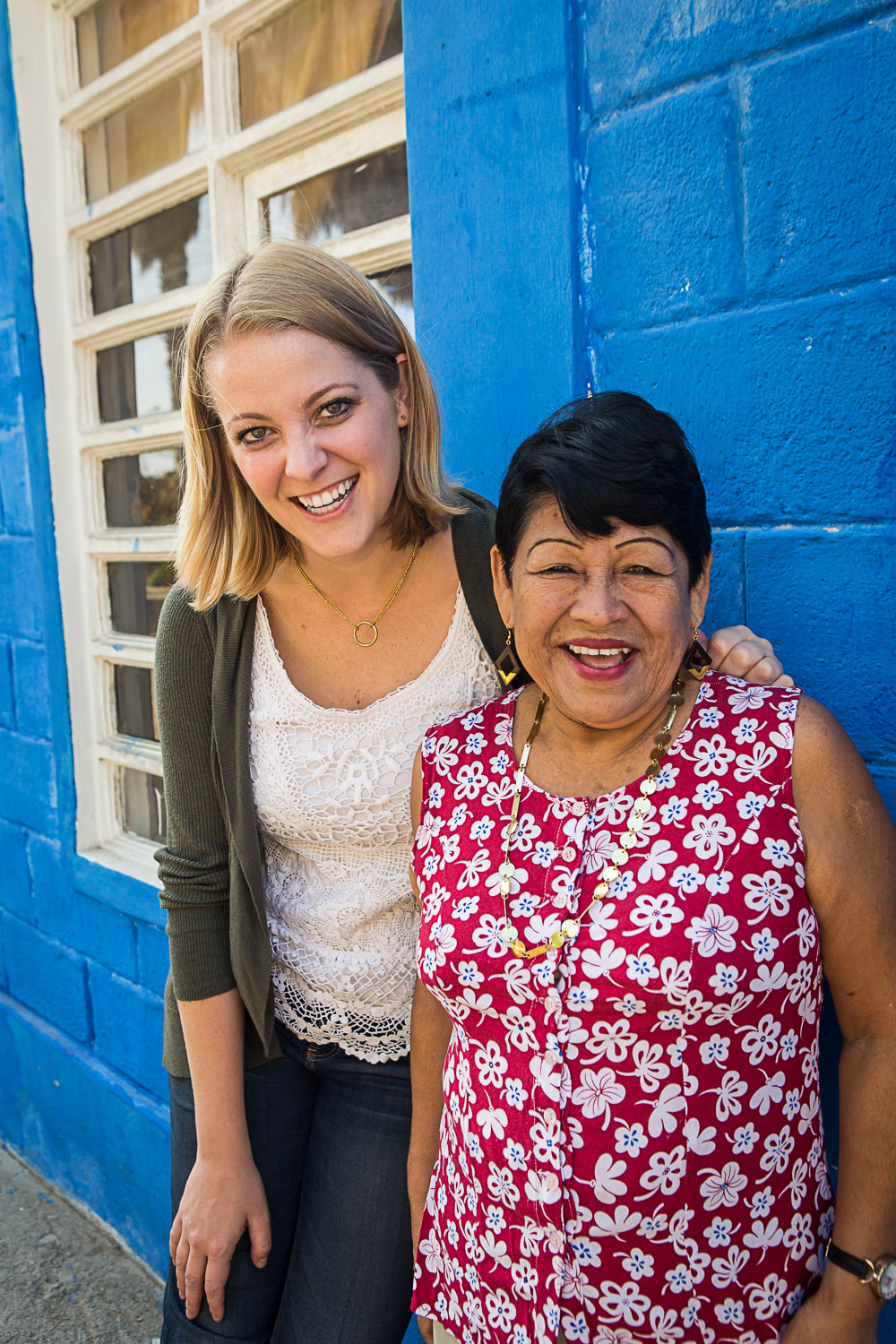
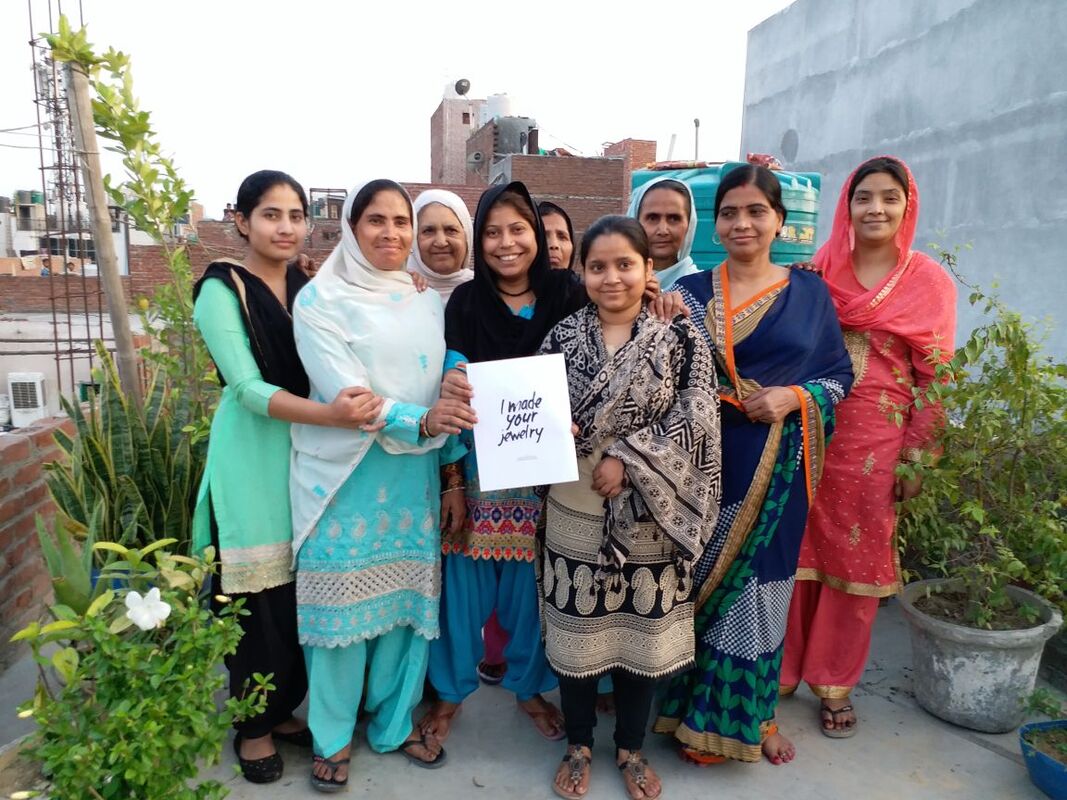
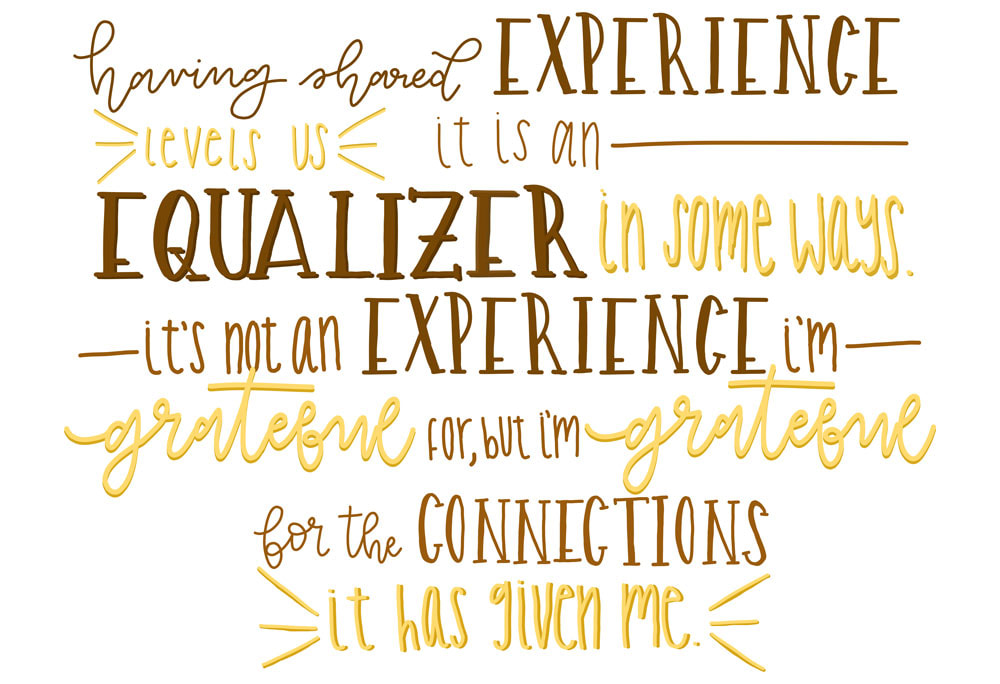

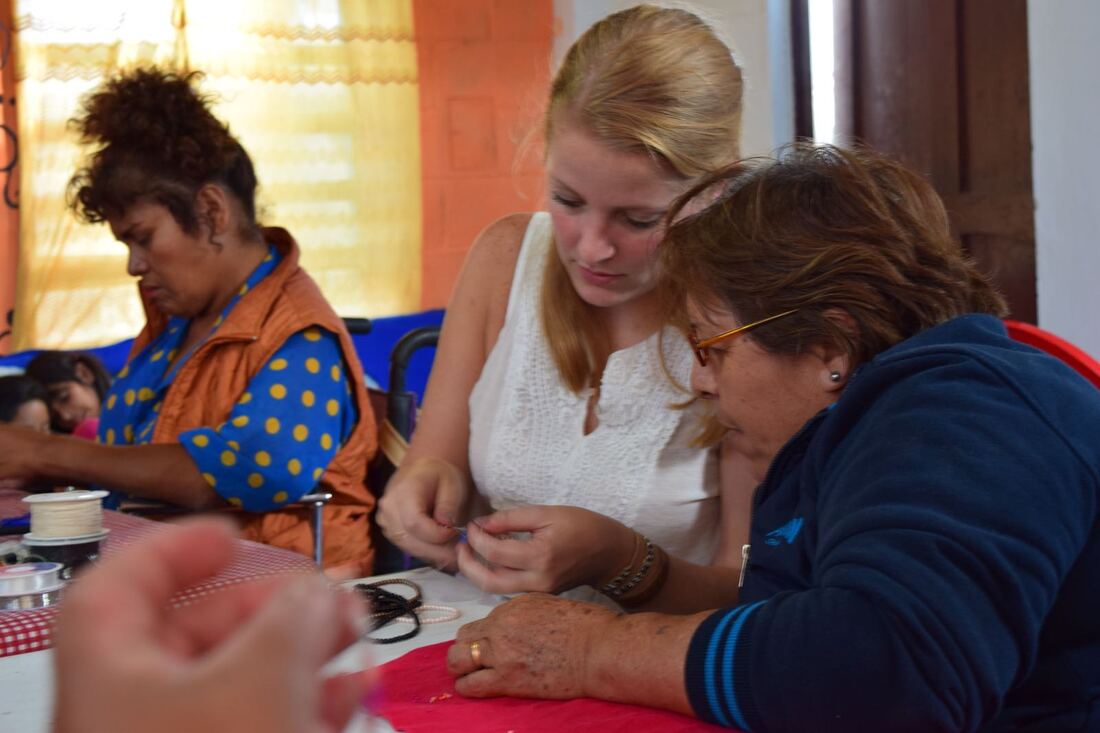
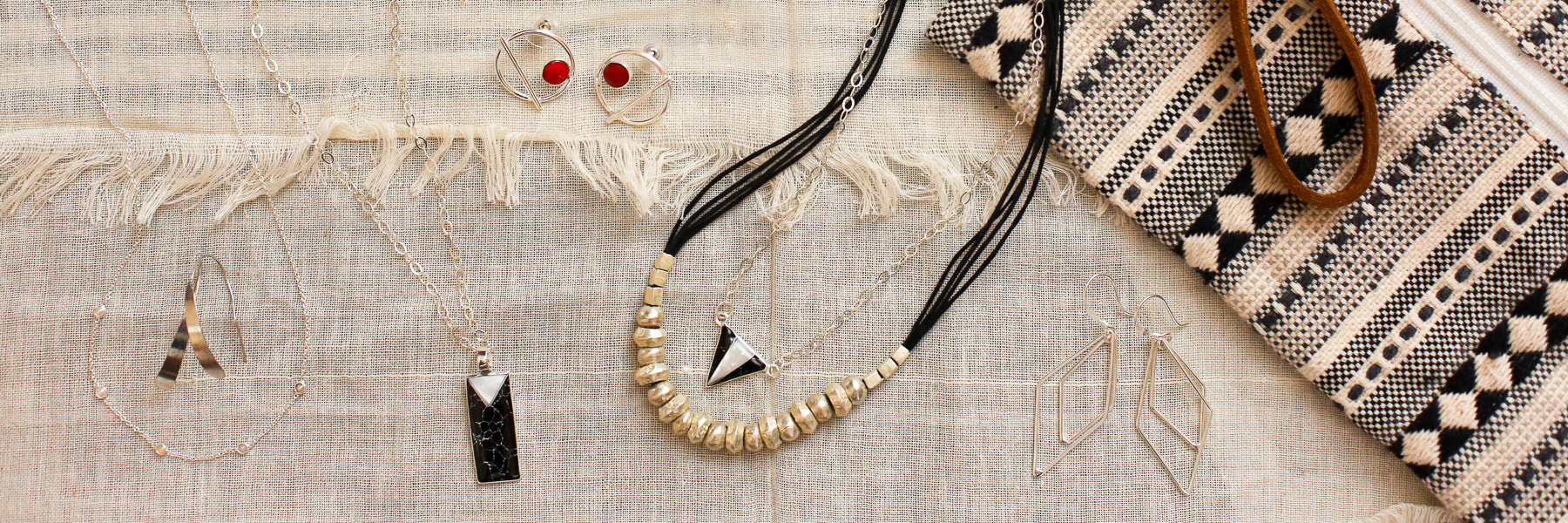
 RSS Feed
RSS Feed
